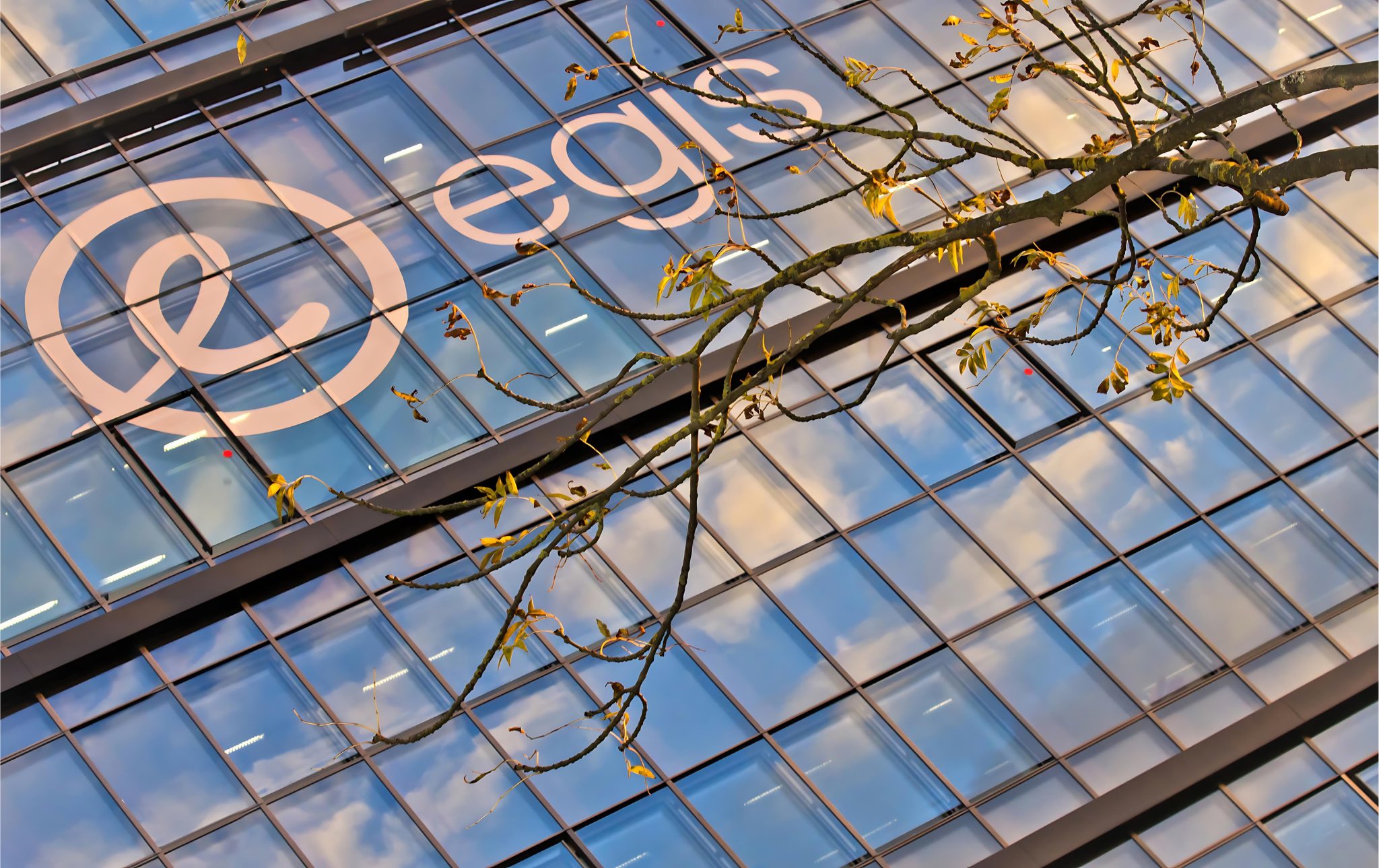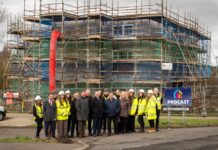
ENGINEERING consultancy Egis has partnered with transport infrastructure platform, Interchange, to host a free webinar aimed at exploring how decision makers can rethink planning and funding frameworks to reflect the broader benefits of mass transit.
Being held on January 28 at 1pm, the hour-long session titled Beyond the tracks: what’s the cost of true urban regeneration? will outline the approaches planners and policymakers can take to enable mass transit solutions to deliver their full potential as catalysts for urban regeneration.
The move comes following UK Government plans for the launch of an integrated national transport strategy, which will aim to take a ‘people first’ approach to project appraisal. The strategy takes inspiration from Dijon’s model of integrated transport, which Egis delivered through comprehensive design and delivery services that prioritised seamless connectivity and sustainable urban development.
The webinar will discuss the lessons that can be learned by the UK from similar international projects, including Lyon’s light rail system. Chaired by James Hill, urban transit director at Egis in the UK, the webinar will host guest speakers including Anne Shaw, executive director at transport for West Midlands; Gautier Rouhet, project director at Lyon Transport Authority; and Steve Gooding, director at the RAC Foundation.
James said, “The government’s commitment to a 10-year strategy will be crucial in facilitating longer-term financial decisions and making investment in UK transport infrastructure more appealing. As a result, it’s important that the industry is aware of the opportunities presented by the incoming strategy and how cities can create compelling business cases for these essential projects. Doing so will ensure the delivery of the right outcomes, such as boosting jobs and access to education and health, especially in less affluent areas.”
Egis in the UK has previously argued that the Green Book, used to assess the cost-benefit ratios of major infrastructure projects, disadvantages projects that deliver significant real-world benefits. This includes light rail, where the cost of disruption involved in construction is often overstated, it added.
James continued, “Integrated transport systems in Dijon and Lyon are both proof that prioritising socio-economic and environmental benefits can transform public perception and drive investment. Our upcoming session will look to take these lessons from global best practices and understand how they can be best applied to UK systems.”
To register for Beyond the tracks: what’s the cost of true urban regeneration?, click here.









